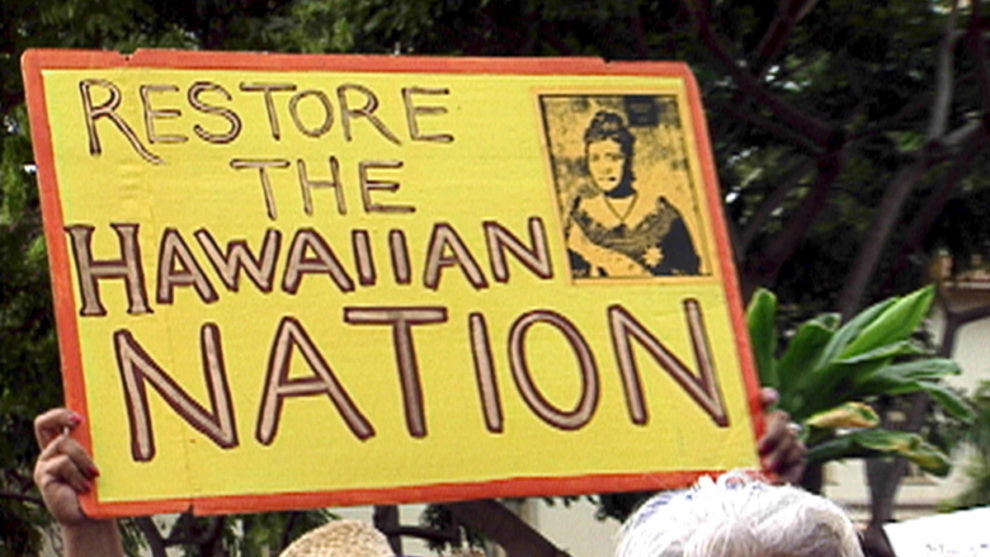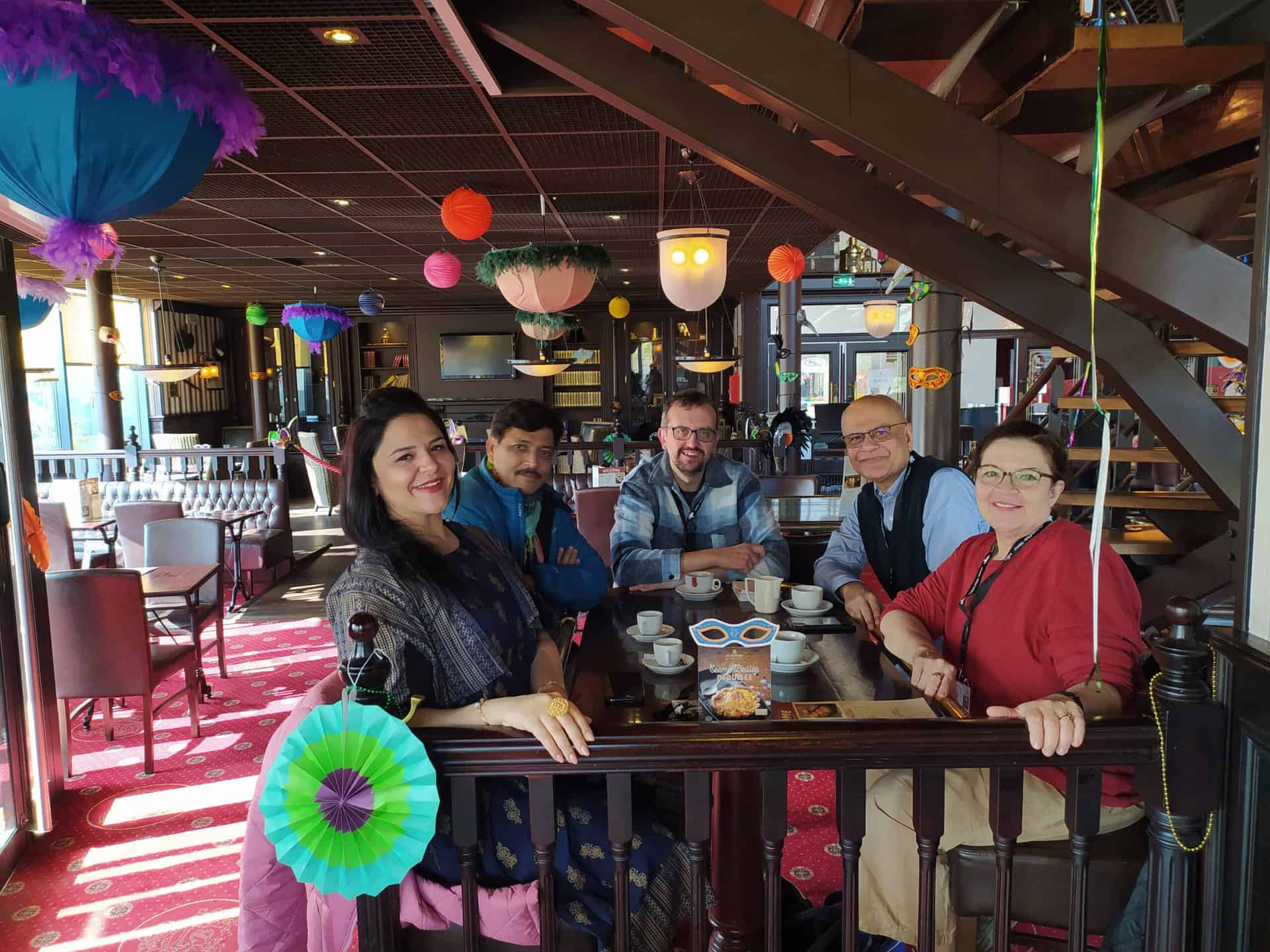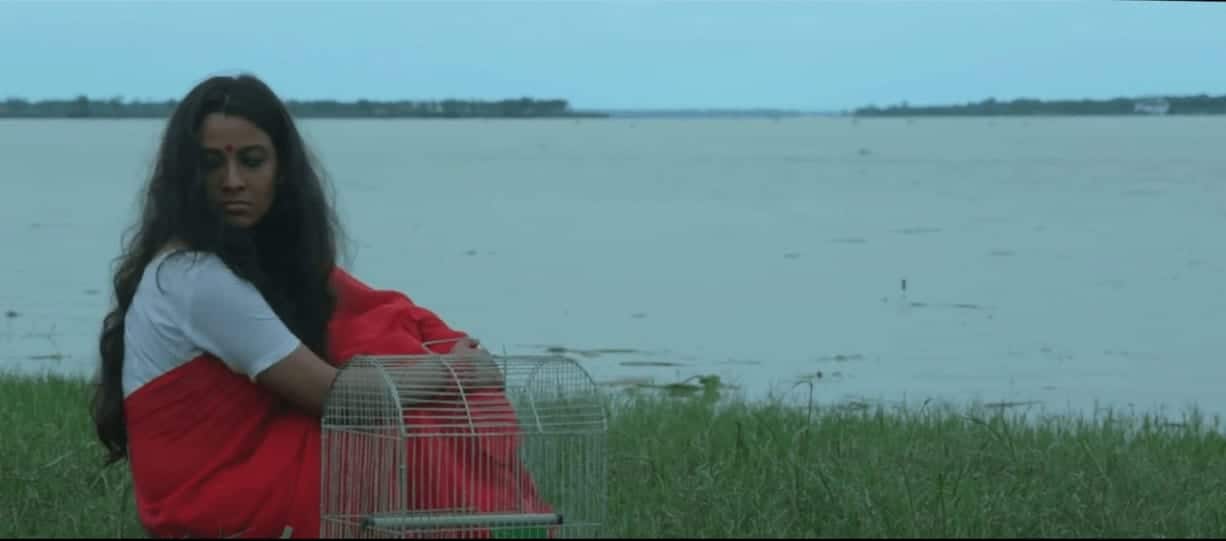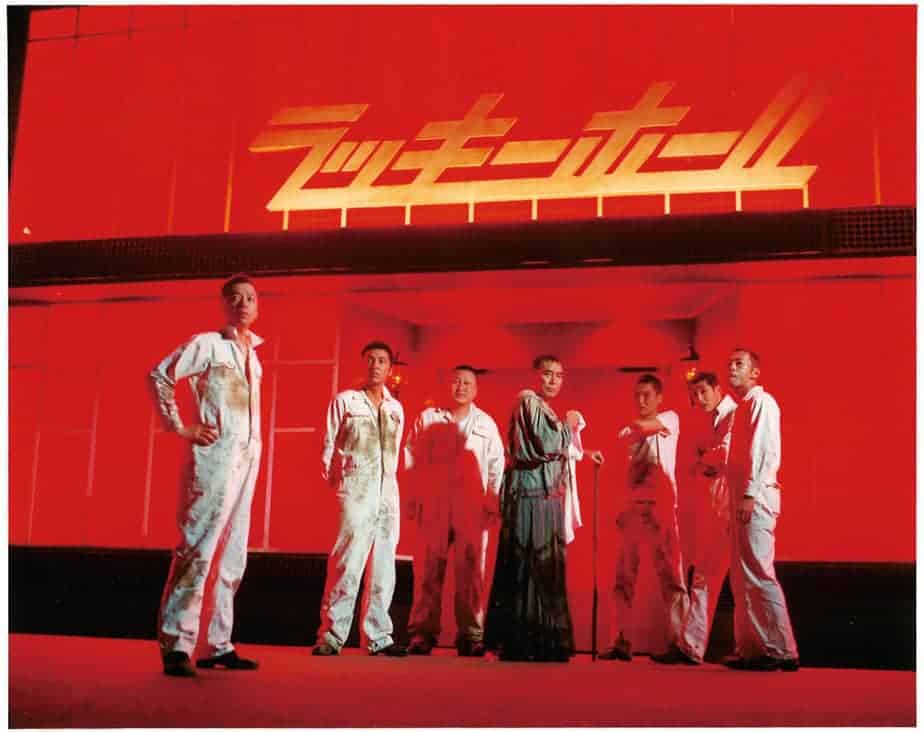The history of the Hawaiian Islands is as tragic as it is unknown. Taking the events of January 1983, when armed forces staged a coup against the Hawaiian Kingdom, paving the way for annexation and later statehood by the United States, as their base, director Joan Lander and Puhipau (working as Maka o ka ‘Āina – “the eyes of the land”), present this troubled history in all its glory.
“Act of War: The Overthrow of the Hawaiian Nation” is screening at San Diego Asian Film Festival

After an introduction dedicated to activism against the forced annexation, by a number of locals who are enraged with the way the US government treated them, the documentary begins the history of Hawaii, from the rather unlucky moment in 1778, when the first English explorers, headed by James Cook, reached the island. The area enjoyed a prosperous life, in perfect harmony with nature and sea, and with a level of agriculture and overall administration that was unprecedented for such a remote civilization, while the population ranged at about a million. The locals welcomed the seemingly kind Britons warmly, but they reciprocated by bringing with them a number of illnesses the locals had never encountered before, which ended up in a number of outbreaks, and the population shrinking to a tremendous degree over the next decades, eventually dropping to less than 100,000.

That, however, was only the beginning. The English, through a number of merchants, prospectors and missionaries, and with the help of their army, started taking lands from the locals, essentially ousting them from the areas they have been living from centuries, and condemning them to poorness. These practices then continued with the Americans, finding their apogee in 1893, with the staged coup (a tactic the US has implemented a number of times over the years) eventually ending up in the forced annexation of Hawaii, to the rage of the locals, who found themselves unable to change their fate.
The documentary presents and analyzes all of the above rather thoroughly, while at the same time focusing on the history of monarchy in the country, the many official efforts to change the decisions about the annexation, and the then current efforts of the local activists to take their land back and retain their ancient civilization, which is almost extinct.
A number of academics and historians present all the aforementioned events and comments in the most eloquent way possible, (although in an approach that remains one-sided) while the film is interspersed with real footage, with the arrests of locals being the most shocking, and archival footage including drawings and photos. The local songs, occasionally performed live, provide a much welcome relief, while also highlighting the plight of the Hawaiians, through their lyrics. The editing here emerges as one of the best traits of the film, with the succession of the many different elements being ideal, and through a rather fast pace that allows the documentary to inform as much as possible in its 58 minutes, and to remain entertaining for the whole of its duration. Thus, and although the overall presentation of the movie is of a TV documentary, the result is much higher than the usual standards of the category.
“Act of War: The Overthrow of the Hawaiian Nation” fulfills two of the most important functions of the medium of the documentary: to inform and to prevent people from forgetting. Thus, it definitely deserves a watch, even now, almost two decades since it was first screened.















